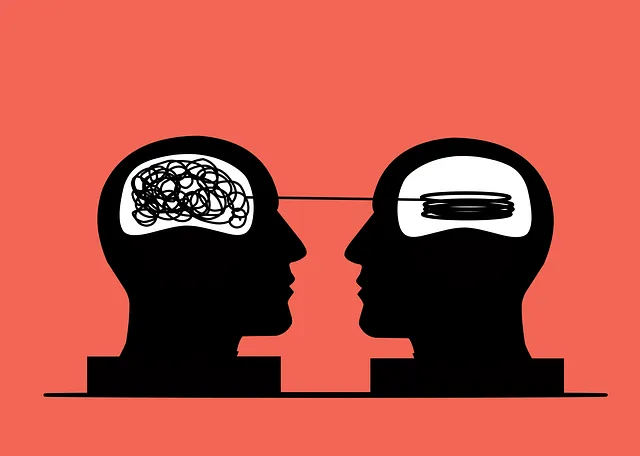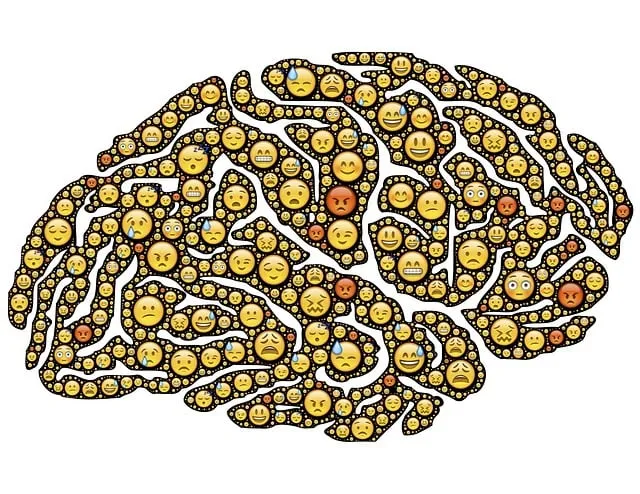Northglenn Kaiser Permanente psychiatry services stand out for their commitment to cultural sensitivity, as highlighted by positive reviews. Effective care requires mental health professionals to be competent in navigating diverse cultural backgrounds and trauma-informed practices. Training in cultural competency is crucial to avoid biases, misdiagnoses, and disparities in treatment outcomes. Northglenn Kaiser Permanente emphasizes inclusive environments, specialized services, and cross-cultural communication strategies, as seen in their reviews, to ensure personalized care for diverse patients.
“Cultural sensitivity is a cornerstone of modern mental healthcare, ensuring equitable treatment for all. This article delves into the intricacies of cultural sensitivity in psychiatric practices, highlighting its profound impact on patient outcomes. We explore how institutions like Northglenn Kaiser Permanente Psychiatry prioritize diversity and navigate cultural biases through innovative strategies.
By examining communication techniques tailored for cross-cultural interactions, we uncover paths to enhancing cultural competence. Discover how these approaches transform care, fostering understanding and improving mental healthcare access for diverse communities.”
- Understanding Cultural Sensitivity in Mental Healthcare
- The Impact of Cultural Biases on Treatment Outcomes
- Northglenn Kaiser Permanente Psychiatry: A Focus on Diversity
- Effective Communication Strategies for Cross-Cultural Interactions
- Enhancing Cultural Competence: A Journey Towards Equitable Care
Understanding Cultural Sensitivity in Mental Healthcare

Cultural sensitivity is a cornerstone in mental healthcare practice, especially within diverse communities like Northglenn, where Kaiser Permanente psychiatry services are highly regarded. Understanding cultural sensitivity goes beyond providing treatment; it’s about recognizing and respecting the unique values, beliefs, and practices that shape individuals’ emotional healing processes. This involves ensuring that healthcare providers are competent in navigating cultural differences, a concept often highlighted in reviews of psychiatric care in Northglenn Kaiser Permanente.
Effective mental health support requires training in cultural competency for healthcare providers to offer trauma-informed care, especially when dealing with communities that have experienced historical or systemic traumas. Such training equips professionals with the skills to deliver services that resonate with diverse populations, fostering trust and encouraging open communication. This is crucial in ensuring that emotional healing processes are accessible and meaningful to all, as emphasized in healthcare provider cultural competency training and trauma support services.
The Impact of Cultural Biases on Treatment Outcomes

Cultural biases among mental healthcare providers can significantly impact treatment outcomes for patients from diverse backgrounds. Studies have shown that when healthcare professionals lack cultural sensitivity, they may inadvertently perpetuate stereotypes and make assumptions about their patients’ beliefs and behaviors, leading to misdiagnoses or inadequate treatment plans. For instance, a Northglenn Kaiser Permanente psychiatry review highlighted disparities in care, where certain cultural groups faced longer wait times and less personalized approaches due to practitioner biases.
Addressing these biases is crucial for improving the quality of mental healthcare. Mental health professionals must engage in ongoing training on cultural competency and risk assessment to navigate complex interactions with patients from different ethnic, racial, and socioeconomic backgrounds. Effective communication strategies are vital tools to foster trust and understanding, ensuring that every patient receives culturally responsive care. Additionally, advocacy through mental health policy analysis can help establish guidelines and resources to support diverse communities, ultimately enhancing treatment outcomes for all.
Northglenn Kaiser Permanente Psychiatry: A Focus on Diversity

Northglenn Kaiser Permanente Psychiatry stands out for its unwavering commitment to diversity and cultural sensitivity in mental healthcare practice. The team at this facility recognizes that effective therapy requires an understanding of a patient’s unique cultural background, traditions, and experiences. They prioritize creating inclusive environments where individuals from various ethnic, racial, and socioeconomic backgrounds feel seen, heard, and respected.
This focus on diversity extends beyond words to tangible actions. Northglenn Kaiser Permanente offers specialized services tailored to address the specific needs of diverse communities, including confidence-boosting techniques that resonate with different cultural perspectives. Their mental wellness podcast series production actively involves community members in sharing their stories and promoting emotional well-being promotion techniques that are culturally relevant and accessible. These efforts ensure that mental healthcare is not just provided to diverse populations but truly meets their unique needs.
Effective Communication Strategies for Cross-Cultural Interactions

Effective communication is the cornerstone of successful cross-cultural interactions in mental healthcare. At Northglenn Kaiser Permanente, psychiatry reviews highlight the importance of adapting communication strategies to align with diverse cultural backgrounds and perspectives. For instance, actively listening, free from assumptions or biases, allows for the patient’s unique experiences and views to be fully understood. This involves creating a safe and non-judgmental environment where individuals feel comfortable sharing their cultural beliefs, values, and concerns.
Integrating compassion cultivation practices, such as mindfulness meditation and conflict resolution techniques, can enhance these interactions. These tools promote empathy, patience, and understanding, enabling mental health professionals to connect more profoundly with patients from varied cultural contexts. By embracing these strategies, Northglenn Kaiser Permanente psychiatry reviews underscore the potential for improved patient outcomes and enhanced cultural sensitivity in mental healthcare practice.
Enhancing Cultural Competence: A Journey Towards Equitable Care

In the pursuit of equitable mental healthcare, enhancing cultural competence is a vital journey for Northglenn Kaiser Permanente’s psychiatry department, as highlighted in recent reviews. This involves a deep exploration and understanding of diverse cultural backgrounds among patients to ensure every individual receives personalized care that respects their unique needs and perspectives. By integrating mental health education programs designed with an emphasis on emotional intelligence and effective communication strategies, the team aims to foster a safe and inclusive environment.
Such initiatives not only promote cultural sensitivity but also strengthen the patient-provider relationship. Through continuous learning and adaptation, the psychiatry team at Northglenn Kaiser Permanente strives to deliver culturally competent care, ensuring that every patient’s journey towards healing is supported and empowered.
Mental healthcare practices that prioritize cultural sensitivity, as demonstrated by Northglenn Kaiser Permanente psychiatry services, are essential for fostering equitable care. By recognizing and addressing cultural biases, professionals can significantly improve treatment outcomes for diverse populations. Effective communication strategies, such as those explored in this article, play a pivotal role in building trust and ensuring that every patient receives respectful, culturally competent care. The journey towards enhancing cultural competence is ongoing, requiring continuous learning and adaptation to the evolving needs of our diverse communities—a goal that Northglenn Kaiser Permanente psychiatry reviews consistently highlight as a key driver for positive change.






